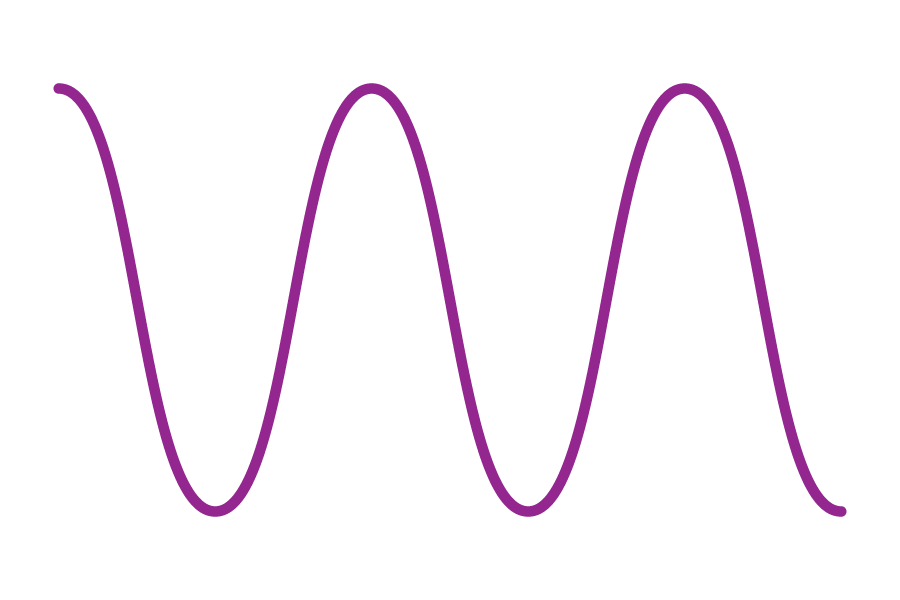Research
Research directions and projects

Quantum
Quantum information processing is a very hot research area which combines information science and quantum technology in physics. In this interdisciplinary area, our group focuses on quantum sensing, which is more related to the “traditional electrical engineering sensing topic”. Endowed with both theoretical and experimental expertise, MSTL is tackling important problems from both theoretical and experimental sides. Most research topics in the subgroup are real application-driven while integrating significant theoretical value. In the long run, these technologies can be implemented in microsystem format and applied in the field. On the pure theoretical side, MSTL is also interested in the fundamental properties of the open quantum system, the thermodynamics in the quantum regime, and the emerging quantum phenomena in condensed matter physics, etc.

Energy
Energy is an essential part of our daily lives. Engineering/Physics relate to energy sector extensively in both traditional oil/gas and renewable energy fields. MSTL is interested in developing microsystem technologies with theoretical guidance to solve real energy related challenges. Examples include complex liquid behavior in porous material, energy efficient displays, quantum sensing in oil/gas explorations, etc.

3D Vision
In the vision research, the 3D perspective brings ample new research opportunities which require both optics and traditional computer science expertise. Our research touches different facets of the 3D vision research, including device, system and algorithm. By co-design of hardware/software and device level innovation, MSTL joins forces to push this technology further towards real applications through working together various collaborators of experts in computer vision, photonics, circuit, vision system and MEMS.

Nanophotonics
In the "light-matter interaction" research, MSTL applys microsystem perspective to investigate both device level research, such as light emitters, sensors, photovoltaics, organic electronics, and manipulation light-induced phenomena and functions, such as varieties of spectroscopy ,etc. On the other hand, efforts in this field are highly related to other researches, including 3D vision, quantum sensing, biomedical devices and even energy. This highlights the multidisciplinary features of the our research which can generate more original innovation/disruptive technologies.
